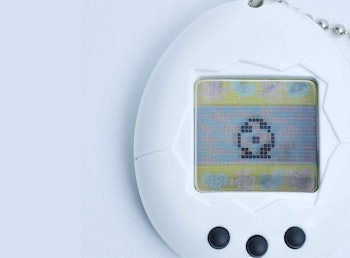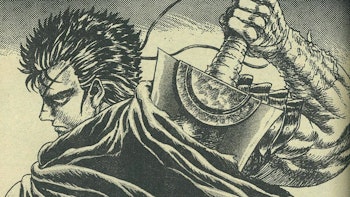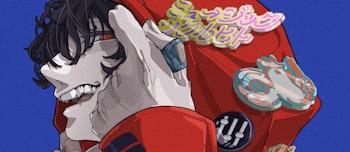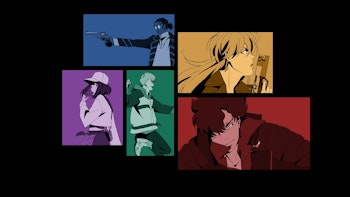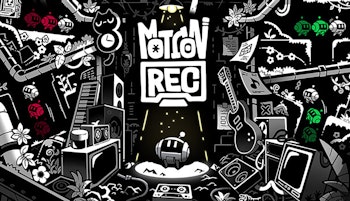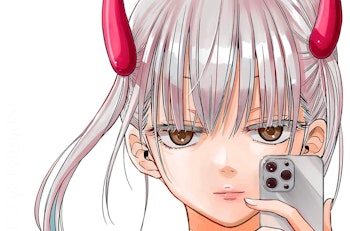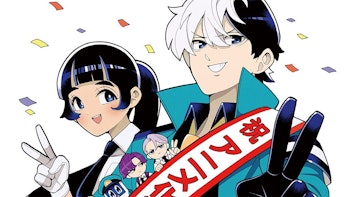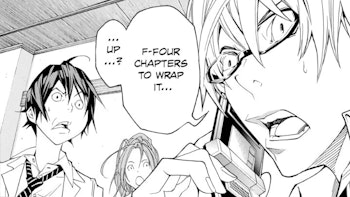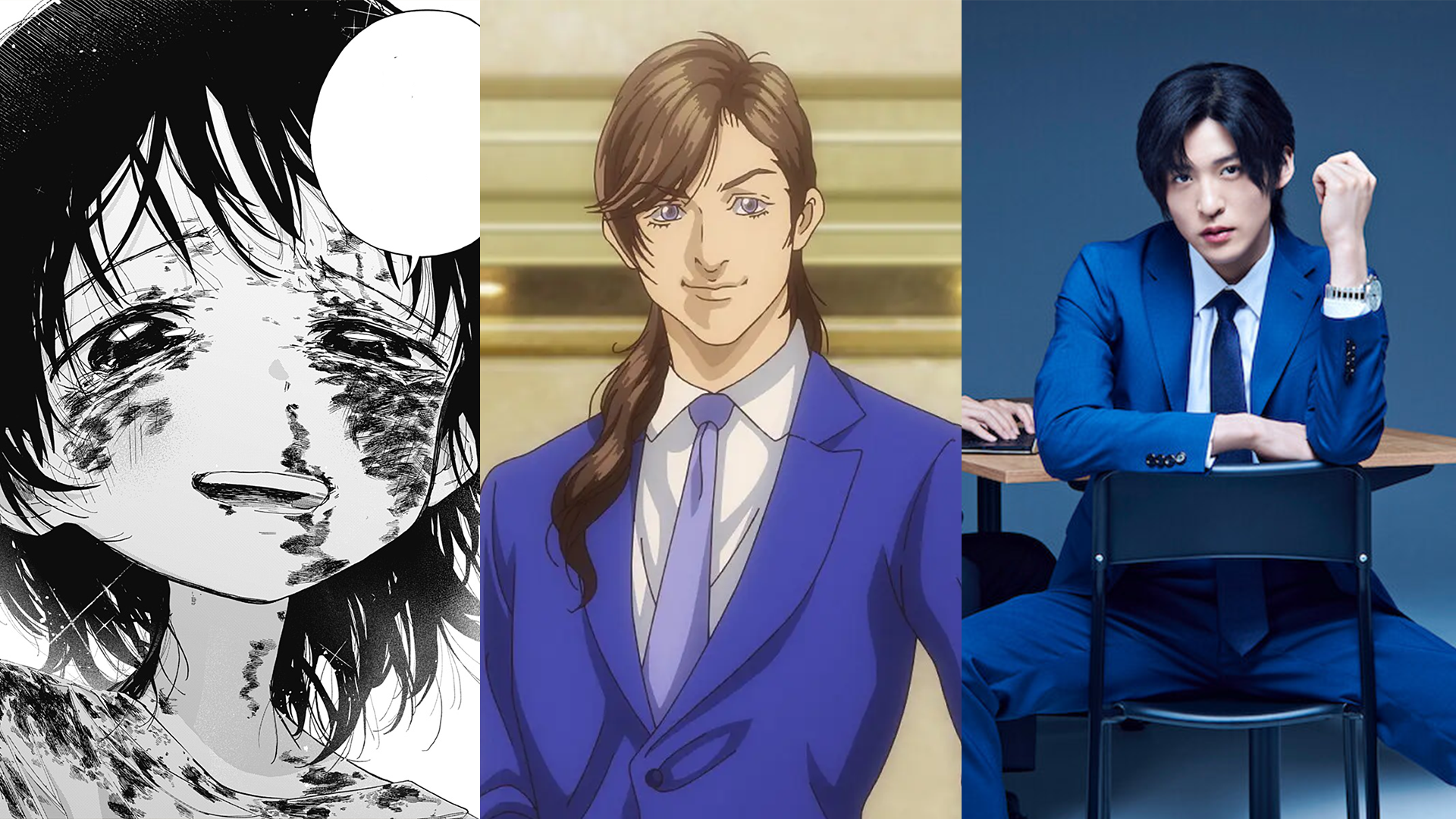
Ever since Osamu Tezuka adapted his own seminal series Astro Boy into a television series in 1963, the precedent for popular manga to get an anime has been well established. It’s almost so well accepted at this point that questioning it might seem to be pointless, but recent projects have proven that the industry would do well to consider other approaches. Perhaps it’s time to ask: does the manga industry have an adaptation problem?
Although this issue has been on my mind for a while now, one of the things that recently brought it back to the surface was the recent announcement of an anime based on Takopi’s Original Sin. Penned by Taizan 5, this series was a huge viral hit when it launched on Jump Plus back in December 2021, with its two collected volumes eventually topping the list of best sellers for the subsequent year. Such success meant that some kind of adaptation was inevitable, but an anime might not be the best vehicle for that.
What made Takopi’s Original Sin so electrifying when it first came out was how it contrasted the innocence of its characters with the brutality of the world they lived in. The plot obviously played a large part in this as literal children were subjected to abuse, bullying, and other forms of trauma, but this was elevated by Taizan 5’s art. Among the filth and agony of Shizuka’s life, the cartoonish figure of Takopi and the wacky devices he created represented both a beacon of hope as well as a reminder that even fantasy can often crash head first into reality.
Considering this, the live action medium could have been a perfect home for Taizan 5’s story. Having Shizuka and the other characters played by real people across from an animated Takopi, either in 2D or 3D, could have reinforced this contrast while also working wonders to push home the themes and messages of the story. Nevertheless, it ended up as an anime instead: the footage from the one minute trailer is honestly disappointing as all of the characters look even more like each other in full color.
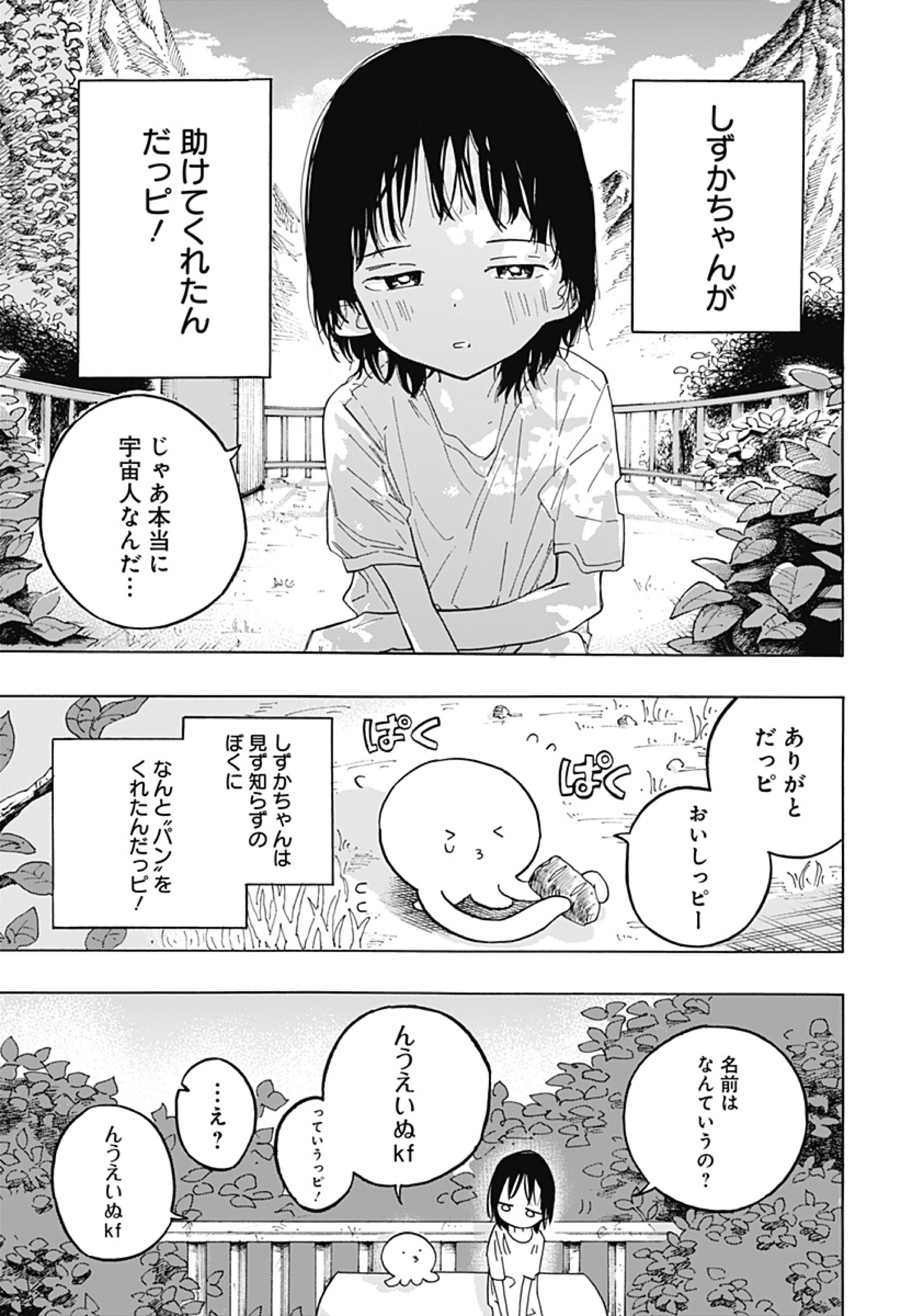
To be fair, there would be clear logistical barriers to bringing Takopi’s Original Sin into live action. For one, the idea of subjecting a child actor to all of the horrible things that Shizuka goes through in the manga might pose some safeguarding issues, but it’s not as if child actors haven’t been forced to watch their parents die or go through other traumatic events for the camera before. You could even age the characters up if you really wanted to.
Nevertheless, the problem doesn’t lie with Takopi alone. In reality, it’s just an example of a larger problem that the Japanese entertainment industry has when it comes to adapting popular manga: the tendency to fall back on the tried and tested medium of anime without really considering if the medium would be the best fit. Countless forgettable series have been created over the years as a result, even though the source material might have had potential.
Rather than dealing entirely in hypotheticals, no series proves this point better than Trillion Game. Written by Riichiro Inagaki and illustrated by Ryoichi Ikegami, the manga proved entertaining when it first launched in December 2020 because of how it incorporated Inagaki’s trademark “roadmap” writing style with Ikegami’s classic art. Not much of this comes through in the anime adaptation, however: currently airing over two cours since October 2024, it definitely does bring Inagaki’s plot to the screen, but with a by the numbers approach that mostly consists of recreating manga panels alongside dialogue and narration.
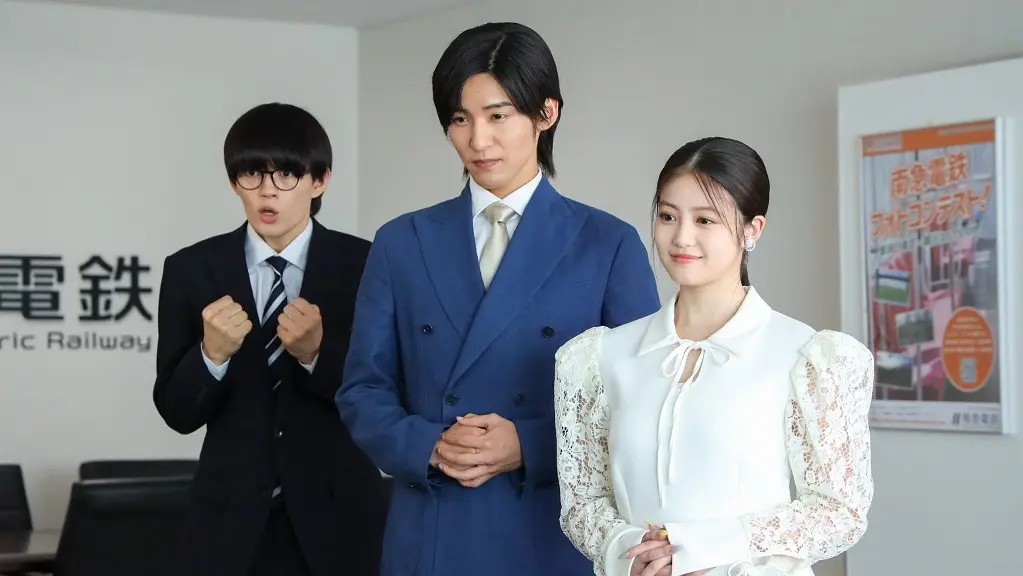
The live action drama adaptation of Trillion Game, however, is completely different. Since it can’t replicate panels from the manga in the same way that an anime can, it instead focused on capturing the essence of the narrative and characters while making several changes to the source material to suit the format. One of the most drastic was an original ending that tied up the story while the manga is still ongoing to feed into an all-original film that is set to release this Valentine’s Day.
Even so, the true stand out of the Trillion Game drama was undoubtedly Meguro Ren’s performance as Haru Tennouji. Although Takeo Ootsuka does a good job at portraying the character as a voice actor, he’s ultimately let down by the anime’s stilted visuals and straightforward approach. Ren, on the other hand, is able to sell his version of the character by the sheer force of his acting chops alone without production issues getting in the way.
Writing in 1964, Marshall McLuhan once remarked that “The medium is the message.” Although this was originally intended for the discipline of communications theory, it can be more broadly applied to the realm of media criticism to emphasise that the specific medium in which a story is told is almost as important as the story itself. Just as some mediums can hold certain stories back, they can also help to let others flourish.
The unfortunate reality of the manga industry right now is that otherwise unique and interesting properties are often shovelled into the anime pipeline without much thought as to how that story would work in said medium, or if it would work at all. Trillion Game proves that not all adaptations are created equal, but with publishers like Kadokawa exercising a stronger and stronger hold over the entire industry, that doesn’t seem set to change any time soon.
You can read the Trillion Game manga in English via VIZ Media. The anime is currently airing via Crunchyroll. The live-action drama is available to watch via Netflix.
Takopi’s Original Sin can be read on Manga Plus. Its anime adaptation premieres this year.


